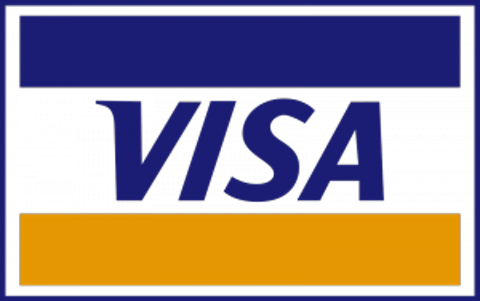Mobile phones have emerged as a parallel platform for making electronic payments in the past few years. Around $106 billion was spent through mobile in 2011 and this figure is expected to reach $235.4 billion by the end of this year. With the increasing usage of smartphones and handhelds, mobile payments are bound to increase in the upcoming years.
In order to monetize this opportunity, credit card companies have shifted their focus towards developing their mobile payment systems. In this article, I have analyzed three leaders from the credit card industry and their initiatives to capture this growth.
Introducing the ‘Mobile Wallet’ concept

To support this program, Visa Inc (NYSE:V) recently signed a deal with Samsung, to boost its near field communication or NFC technology. The company has convinced Samsung to install its ‘payWave’ app on its smartphones, with the NFC payment system. This will help the customers to make payments through their mobiles. By the end of 2013, Visa will launch its NFC enabled mobile payment service in the U.K. With the introduction of this new program, the company expects revenue of $11.63 billion in fiscal year 2013 and $12.62 billion for 2014.
Visa Inc (NYSE:V) Europe’s “Visa Personal Payment” service allows smartphone users to quickly transfer money through mobile, to any visa cardholder in Europe. In this, it has introduced new features: Immediate Payments and Multi-currency payments. With the help of “Immediate Payments,” users will be able to receive money, sent via the ‘Visa Personal Payment’ system within 30 minutes. “Multi-currency Payment” will facilitate international money transfers. These features will be available by the end of 2013 in the UK.
Natwest and RBS are the first banks to support the ‘Visa Personal Payment’ service in the UK, and around 1.7 million customers have downloaded this app. With this move, the international fees revenue will increase from $805 million in the first quarter of 2013, to $893 million in the fourth quarter. Service fees revenue is also expected to increase from $1.3 billion in the first quarter of 2013 to $1.35 billion in the fourth quarter.
Rapid growth in E-commerce in Canada
E-commerce sales are growing rapidly in comparison to the retail sales in Canada. Overall, e-commerce sales in Canada increased by 26.6% in 2013 year-over-year.
On April 11, Mastercard Inc (NYSE:MA) launched its first MasterPass system in Canada. MasterPass is an electronic payment system, through which holders of MasterPass can make payments via mobile, tablets and laptops. Porter Airlines, Grocery Gateway, and WagJag are its major merchants, and their websites permit the MasterPass checkout service. MasterCard is planning to increase MasterPass merchants in Canada to 800 by the end of the current year and to 2,800 by the end of next year. With this, the total revenue will increase from $7.39 billion in 2012 to $8.14 billion by the end of 2013.
Mastercard Inc (NYSE:MA) is focused on expanding outside the U.S., as there is a continuous increase in the usage and acceptance of credit and debit cards there. It is mainly focusing on expanding in developing countries, where most of the transactions are done in cash.
At present, Mastercard Inc (NYSE:MA) mainly operates (internationally) in Asia, the Middle-East, and Africa. Through this expansion, the company can generate high revenue by charging service fees. The revenue from service fees is expected to increase from $1.3 billion in the first quarter this year to $1.33 billion by the end of the fourth quarter.

